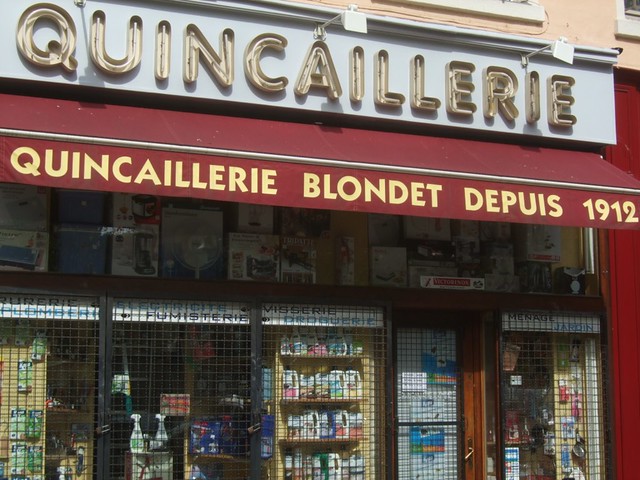When you ask someone to do something for you, but in an indirect kind of way, or in other words, you phrase an order or imperative obliquely as a question, this is apparently called a whimperative. For example, you might say “Would you mind closing the window?”, rather than the more direct “Please, close the window” or “Close the window!”. Or you might say “Why don’t you be quiet?” instead of “Be quiet” [source].
This word was coined by Jerrold Sadock, a professor of Linguistics at the University of Chicago, in an essay he wrote in 1970. It’s a blend of whimper and imperative. Another term for a whimperative is interrogative directive [source].
A whimper is a low intermittent sob, and to whimper means to cry or sob softly and intermittently, to cry with a low, whining, broken voice, to whine, to complain, or to say something in a whimpering manner [source].
It is probably of imitative origin, or may by related to wimmern (to whimper, moan) in German. The words wimp and wimpy possibly come from whimper, and were likely influenced by the charcter J. Wellington Wimpy in the Popeye comics [source].
The word imperative (essential, crucial, expressing a command) comes from the Latin word imperātīvus (of or proceeding from a command, commanded), from imperō (to comand, give orders to, demand, rule, govern), from in- (in) and parō (to arrange, order, resolve) [source].
Words from the same roots include pare (to cut away the outer layer from something, especially a fruit or a vegetable) in English, parer (to adorn, bedeck, fend off) in French, parer (to stop, halt, put up, lift, stand up) in Spanish and paratoi (to prepare) in Welsh [source].







